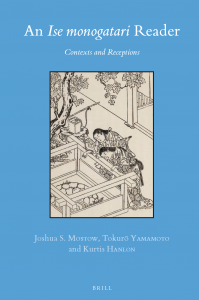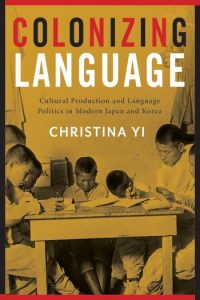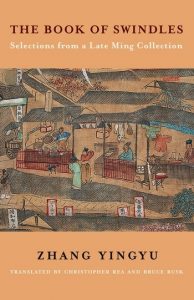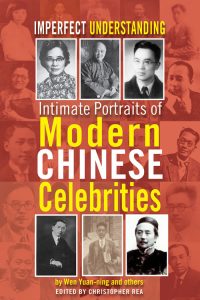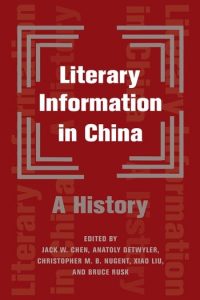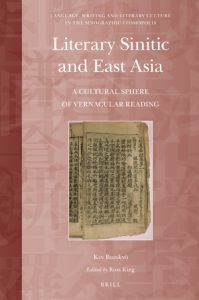Apply Here | Equity Survey
Application deadline: August 31, 2021
Date of posting: July 20, 2021
The University of British Columbia, Vancouver Campus, invites applications for a full-time Lecturer position in Korean Language and Culture, for two years with a possible renewal/extension, commencing January 1, 2022. In accordance with the Collective Agreement between UBC and the UBC Faculty Association According to UBC Collective Agreement, lecturer positions at UBC are appointments without review (i.e. non-tenure track), renewable for successive terms subject to availability of funds and demonstration of excellence in teaching and service. This position will entail a probationary first year.
We seek an exceptional teacher of Korean Language courses at all levels with a track record of employing innovative pedagogies, such as online teaching and distance learning, community-based learning, development of upper-level courses targeted at heritage speakers of Korean, and curriculum design in the area of Korean Studies-related Content-Based Instruction. The workload for these positions includes teaching plus service. The full-time teaching load for a Lecturer is 24 credits (eight 3-credit equivalent courses) per year. Courses will range from first- to fourth-year undergraduate courses and the bulk of the annual teaching load will be courses in Korean Language for both heritage and non-heritage learners.
Requirements include: native or near-native fluency in both Korean and English; a Ph.D or equivalent degree in Korean Linguistics or Teaching Korean as a Second/Foreign Language, or a closely related field; evidence of excellent and extensive teaching experience in all levels of Korean courses at the post-secondary level in North America; experience organizing the preparation of teaching and testing materials; experience with supervision and/or training of new teachers or TAs; experience organizing co- and extra-curricular cultural activities; experience with student placement; evidence of training and a strong background in teaching innovation, such as computer-assisted teaching, community-based learning, Content Based Instruction, and curriculum development; a strong track record of full participation in team work and program affairs; and evidence of keeping abreast with recent developments in the field and in the development of teaching materials. A commitment to teaching upper-level courses for heritage speakers of Korean and experience with teaching higher-level topic-specific Korean language courses will be an asset. The successful candidates will be expected to maintain an excellent record of teaching, active engagement in professional development and team-based curriculum design/development of teaching materials, perform instructional responsibilities in coordination with other instructors in parallel sections and other levels, as well as fully participate in program affairs and service. Salary will be commensurate with qualifications and experience. These positions are subject to final budgetary approval.
The application dossier should include an application letter, curriculum vitae, statement of teaching philosophy, sample teaching videos for two different levels, lesson plans for each of the lessons shown in the sample teaching videos, and other evidence of teaching effectiveness. It should include a statement about the applicant’s experience working with a diverse student body and contributions or potential contributions to creating/advancing a culture of equity and inclusion. Applicants should also provide the names and contact information for three referees who could provide confidential letters of recommendation. Applicants are required to upload their teaching demos to Youtube as unlisted public videos and to send the links as part of their application submission. All application materials should be submitted online at http://asia.ubc.ca/careers. The deadline for receipt of application materials is August 31, 2021.
Equity and diversity are essential to academic excellence. An open and diverse community fosters the inclusion of voices that have been underrepresented or discouraged. We encourage applications from members of groups that have been marginalized on any grounds enumerated under the B.C. Human Rights Code, including sex, sexual orientation, gender identity or expression, racialization, disability, political belief, religion, marital or family status, age, and/or status as a First Nation, Métis, Inuit, or Indigenous person. All qualified candidates are encouraged to apply; however, Canadians and permanent residents will be given priority. For information about the Department, please visit www.asia.ubc.ca.
Given the uncertainty caused by the global COVID-19 pandemic, applicants must be prepared to conduct interviews remotely if circumstances require. A successful applicant may be asked to consider an offer containing a deadline without having been able to make an in-person visit to campus if travel and other restrictions are still in place.
